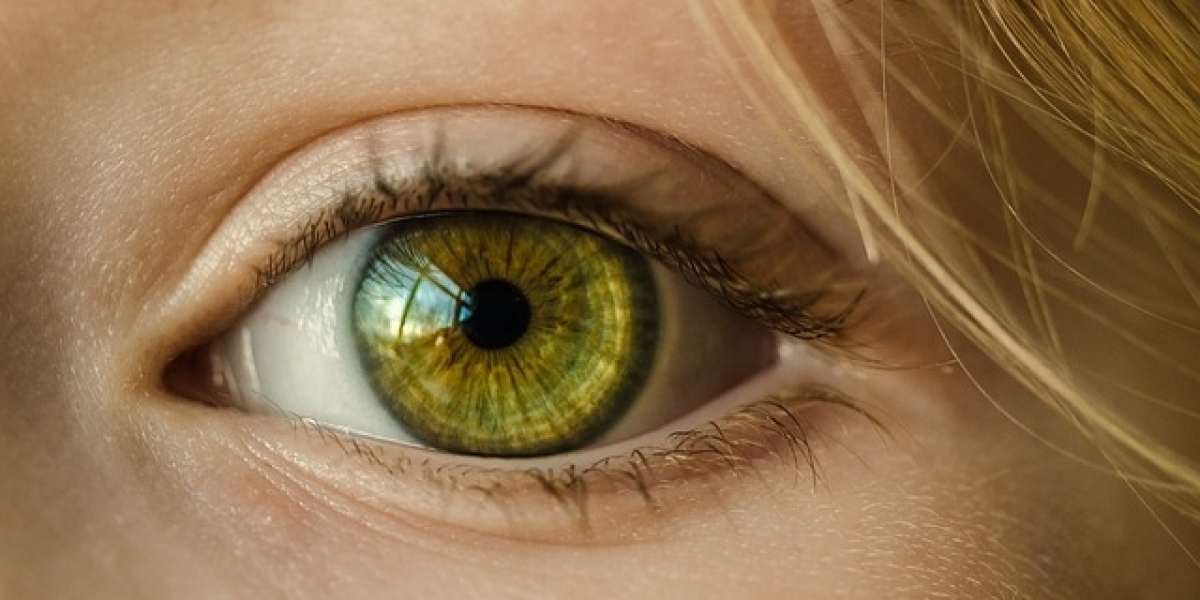Diabetic retinopathy, a complication of diabetes that affects the eyes, is becoming an increasingly prevalent concern worldwide, particularly in regions like Kerala, where lifestyle and genetic factors contribute to a high incidence of diabetes. This blog post, drawing on resources from Abate Hospital in Kerala, aims to provide an in-depth understanding of diabetic retinopathy, its management, and the crucial steps for preventing vision loss due to diabetes.
Understanding Diabetic Retinopathy
Diabetic retinopathy is a condition that occurs in individuals with diabetes. It is caused by damage to the blood vessels of the light-sensitive tissue at the back of the eye (retina). Initially, diabetic retinopathy may cause no symptoms or only mild vision problems, but it can eventually lead to blindness. The longer one has diabetes, and the less controlled the blood sugar is, the more likely they are to develop this eye complication.
The Prevalence of Diabetes and Its Impact on Eye Health in Kerala
Kerala faces a unique challenge with its high rate of diabetes, attributed to genetic predispositions, dietary habits, and lifestyle factors. This situation places a significant portion of the population at risk of diabetic retinopathy. Regular monitoring of eye health is essential for early detection and management of this condition.
Symptoms and Diagnosis of Diabetic Retinopathy
Symptoms of diabetic retinopathy include:
Blurred vision
Fluctuating vision
Impaired color vision
Dark or empty areas in your vision
Vision loss
Diabetic retinopathy is often diagnosed during a comprehensive dilated eye exam. The exam includes:
Visual acuity testing
Tonometry (measuring the pressure inside the eye)
Pupil dilation to examine the retina and optic nerve
Managing Diabetic Retinopathy in Kerala
Management of diabetic retinopathy in Kerala involves a multi-disciplinary approach. Healthcare providers at institutions like Abate Hospital focus on:
Regular Monitoring: For those with diabetes, regular eye exams are crucial for early detection and management of retinopathy.
Controlling Blood Sugar Levels: Good blood sugar control can significantly slow the onset and progression of diabetic retinopathy.
Medical Treatments: Depending on the severity, treatments like laser surgery, injectable medications (anti-VEGF therapy), and vitrectomy may be recommended.
The Link Between Diabetes and Eye Health
The relationship between diabetes and eye health is significant. Diabetes affects various parts of the eye, and diabetic retinopathy is just one of the potential complications. Others include diabetic macular edema, cataract, and glaucoma. Thus, managing diabetes is not only about controlling blood sugar levels but also about preserving vision.
Preventing Vision Loss from Diabetes
Prevention strategies for vision loss due to diabetes include:
Control of Diabetes: Effective management of diabetes through diet, exercise, and medication is crucial.
Regular Eye Exams: Early detection through regular eye exams can prevent or delay vision loss.
Healthy Lifestyle Choices: A balanced diet, regular exercise, and avoiding smoking can positively impact overall health and help manage diabetes.
Challenges in Managing Diabetic Retinopathy
Managing diabetic retinopathy involves several challenges:
Lack of Awareness: Many individuals are unaware of the relationship between diabetes and eye health.
Accessibility to Healthcare: Regular eye exams and advanced treatments might not be accessible to everyone, especially in rural areas.
Adherence to Treatment: Consistently following prescribed treatments and lifestyle changes can be challenging for many patients.
Innovations in Treatment
Advancements in medical technology have led to innovative treatments for diabetic retinopathy, including newer pharmacologic agents and less invasive surgical techniques. Research is also focused on developing better screening methods and understanding the genetic factors that contribute to the condition.
The Role of Diet and Exercise
Diet and exercise play a crucial role in managing diabetes and, by extension, diabetic retinopathy. A diet rich in fruits, vegetables, whole grains, and lean proteins can help control blood sugar levels, while regular physical activity can improve insulin sensitivity.
Conclusion
Diabetic retinopathy is a serious health concern, especially in regions like Kerala, where diabetes prevalence is high. Understanding the condition, its relationship with diabetes, and the importance of regular eye exams and proper management is crucial. Through effective control of diabetes, regular monitoring, and access to advanced medical care, the risk of severe vision loss can be significantly reduced.
Through this comprehensive guide, our goal is to emphasize the importance of eye care in the management of diabetes. Remember, proactive measures and regular health checks are key to preventing the serious consequences of diabetic retinopathy.
In exploring the complexities of diabetic retinopathy, particularly in the context of Kerala, we aim to provide a detailed understanding of its impact, management strategies, and the importance of integrating regular eye care into diabetes management. Remember, taking care of your eyes is an integral part of managing diabetes, and with the right approach, it is possible to preserve vision and maintain a good quality of life.









